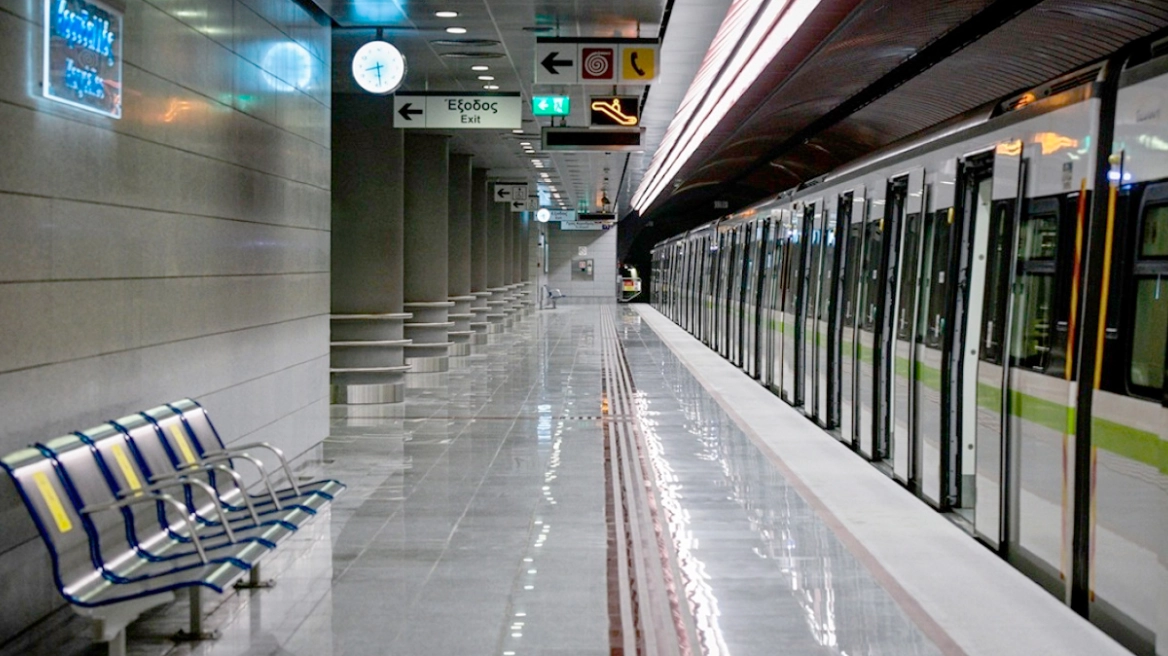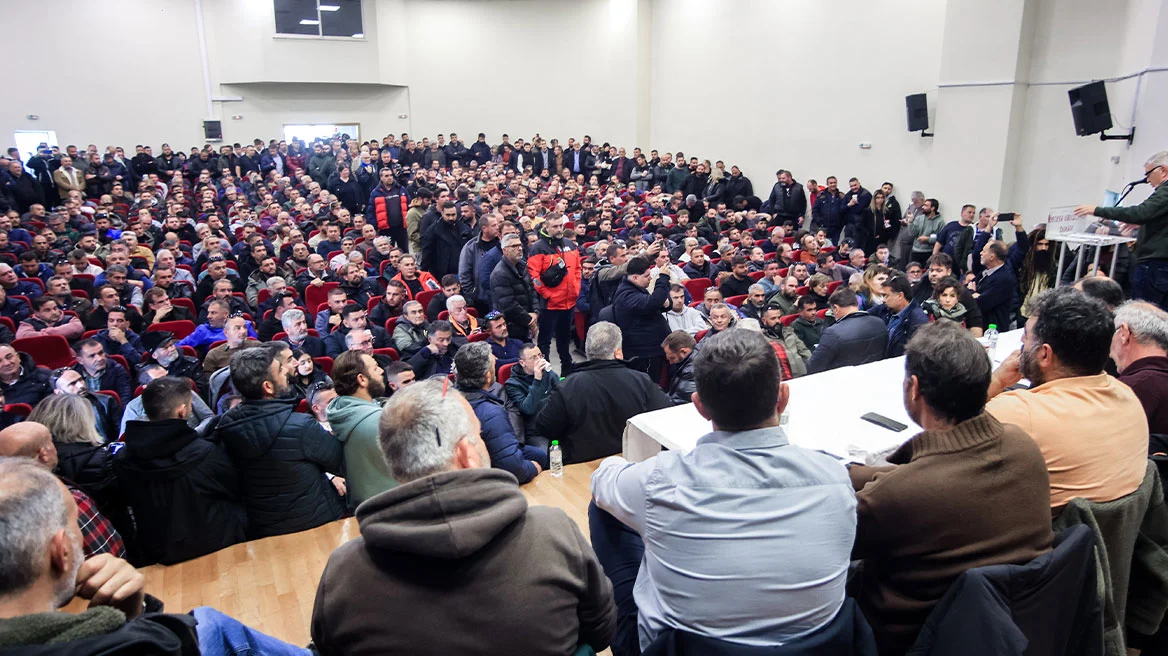At the start of the new school year, parents are thinking about how to plan for a number of permissions to which they are entitled.
The most typical licenses involve:
Parent or carer absence entitlement: This leave is valid up to twice a year and for one day at a time for reasons of force majeure (e.g. illness or accident of the child or person in need of care which is confirmed by a medical certificate). The leave is paid.
Flexible working: Parents of children up to 12 years of age and caregivers are entitled to request flexible working arrangements (such as telecommuting, flexible working hours or part-time work), provided the employee has completed six months of employment with the same employer.
Leave of 4 days per year is granted to working parents to monitor their child’s school performance. Employees are eligible to receive the leave to monitor a child’s school performance from the age of 16 years completed under the previous scheme, now up to the age of eighteen (18) years completed, for any child attending elementary or secondary education, as well as parents of a child with special needs, regardless of age, attending a special education facility.
Leave for illness of family members
(a) children up to 16 years of age – natural or adopted – if the parents have custody of them,
b) children over 16 if they are seriously ill or disabled, if their parents have custody,
c) a spouse who, for reasons of acute, severe or chronic illness or disability, is unable to support himself/herself; and
(d) parents or unmarried siblings who, for reasons of acute, serious or chronic illness or infirmity or age, are unable to support themselves, provided that the worker has care of them and their annual income is not more than the annual income of a daily wage of an unskilled worker paid at the general minimum daily wage rate in force at any given time, calculated at 25 daily wages per month.
This leave is unpaid, may be granted in one lump sum or in installment and its duration may not exceed 6 working days in any calendar year if the beneficiary is protecting one child, with the possibility of increasing it to 8 working days if the beneficiary is protecting two children and to 14 working days if the beneficiary is protecting three (3) or more children (Article 5, Article 42 of Law 4808/2021). The time of absence of employees due to sick leave for dependent family members shall be counted as time of actual service for the calculation of their remuneration, the granting of annual regular leave and leave allowance, as well as for the calculation of severance pay.
Reduced working hours for parents of disabled children
According to Article 41 of Law 4808/2021, parents who have children of any age with mental, physical or psychological disabilities are entitled to reduced working hours of 1 hour per day to enable them to devote more time to the special care of their children.
The conditions are as follows:
Work in a business that employs at least 50 people.
Have a child with a mental, emotional or physical disability.
The working parent’s working hours in this case are reduced by 1 hour per day, with a corresponding reduction in pay.
The mental, physical or psychological disability of the child shall be established by a certificate issued either by a doctor of the competent insurance institution or by a nursing institution supervised by the State.
Pupils, students
Except for their regular leave, employees who are pupils or students of educational institutions of any type and of any grade of the State or supervised by the State in any way, shall be entitled to receive from their employer additional unpaid leave of 30 working days (ERA 96, Article 7), continuous or intermittent per year, for participation in the examinations. All student employees up to 28 years of age are entitled to the special leave, while those over 28 years of age are entitled to it only for the prescribed duration of the studies that the employee is attending at any given time, increased by two years (n+2), regardless of whether the studies were continuous or intermittent and regardless of whether they have completed 1 year of service with the employer.
The status of a pupil, student, student and participation in examinations is proved by a certificate of the school submitted to the employer by the employee. It should be noted that the Ministry of Labour’s document No. 2674/2002 accepts that those who attend programs at Open Universities are also entitled to permission to take examinations, provided that they belong to or are supervised by public sector institutions.
For underage workers who are at the same time pupils or students, Law 1837/89 stipulates that they are entitled to two days of unpaid leave, consecutive or partial, for each day of examinations, for their participation in the examinations. This leave may not be less than 14 days in total and the remuneration shall be paid by the DYPA
With regard to pupils, students and students working in the public sector or in the public sector or in the public sector with private employment contracts of indefinite duration (PTE), the provisions of articles 58, 59 and 60 of the Civil Service Code, concerning leaves for service training, leaves for educational purposes and leaves for examinations (article 36 of Law 4590/2019), shall apply mutatis mutandis. Therefore, these employees are entitled to 14 days of leave with pay.
Flexible working hours at the request of a working parent
With Article 31 of Law 4808/2021, in compliance with Article 9 of Directive (EU) 2019/1158, the employee also acquires the right to manage his/her working time according to his/her personal preferences or choices in order to achieve a work-life balance. In particular, any working parent of children up to twelve (12) years of age or caregiver is entitled to request flexible working arrangements for caregiving reasons, such as, in particular, teleworking, flexible working hours or part-time work for a specific period of time required to meet specific family needs.
In order to be eligible for a flexible work arrangement, the working parent must have completed six (6) months of continuous employment or successive fixed-term employment (service) contracts with the same employer, unless more favorably defined by a specific provision of laws, ordinances, regulations, collective agreements, arbitration awards or employer-employee agreements.
The employer must examine each request for flexible working arrangements and decide whether to grant it within one month of its submission, taking into account the needs of the enterprise and the employee. If the request is denied, the employer must document in writing the reasons for the denial and/or postponement of the granting of flexible working arrangements.
After the expiry of the agreed duration of the flexible working arrangements, the employee returns to his/her original form of employment. The employee has the right to return to the original form of employment before the end of the agreed period, at his/her request and if justified by a specific change in circumstances.
Leave due to hospitalization of children
Working parents shall be granted special parental leave without pay in the event of hospitalization of a child, regardless of age, due to illness or accident necessitating the immediate presence of the employee, for as long as the hospitalization lasts and in any case not exceeding thirty (30) working days per year. The leave shall be a right of each parent, shall be granted, without any other condition, in addition to the relative facilities granted by other provisions to working parents for family reasons and after exhaustion of related rights with pay, other than regular annual leave.
Ask me anything
Explore related questions





